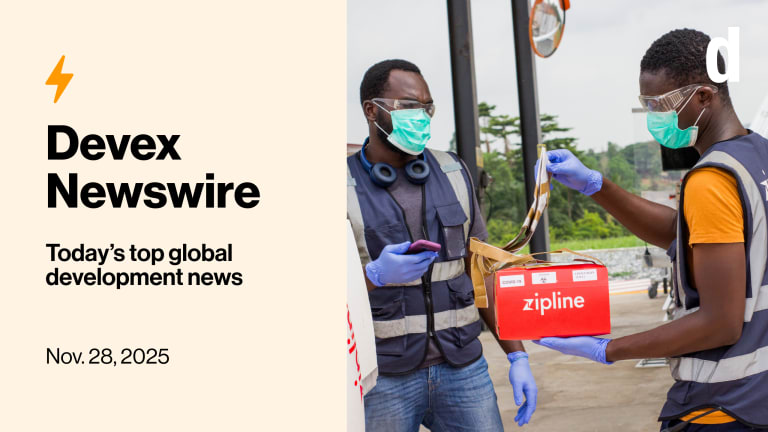The criticism that the world’s third-largest donor has lost its moral compass on foreign aid leaves the man holding the purse strings cold.
For Koen Doens, the influential (though often unseen) director-general of the European Commission’s development department, contrasting the charitable aspect of official development assistance with the pursuit of donors’ own self-interest is a false dichotomy.
“Simply spending [official development assistance] grant money as a charity gift in partner countries has hardly lifted any of them out of poverty,” Doens told the European Parliament’s Development Committee this week. “The countries that have lifted people out of poverty are not the ones that have received most ODA, but are the ones that actually have managed to put in place systems whereby economic growth is created connected with the world economy.”
This story is forDevex Promembers
Unlock this story now with a 15-day free trial of Devex Pro.
With a Devex Pro subscription you'll get access to deeper analysis and exclusive insights from our reporters and analysts.
Start my free trialRequest a group subscription





